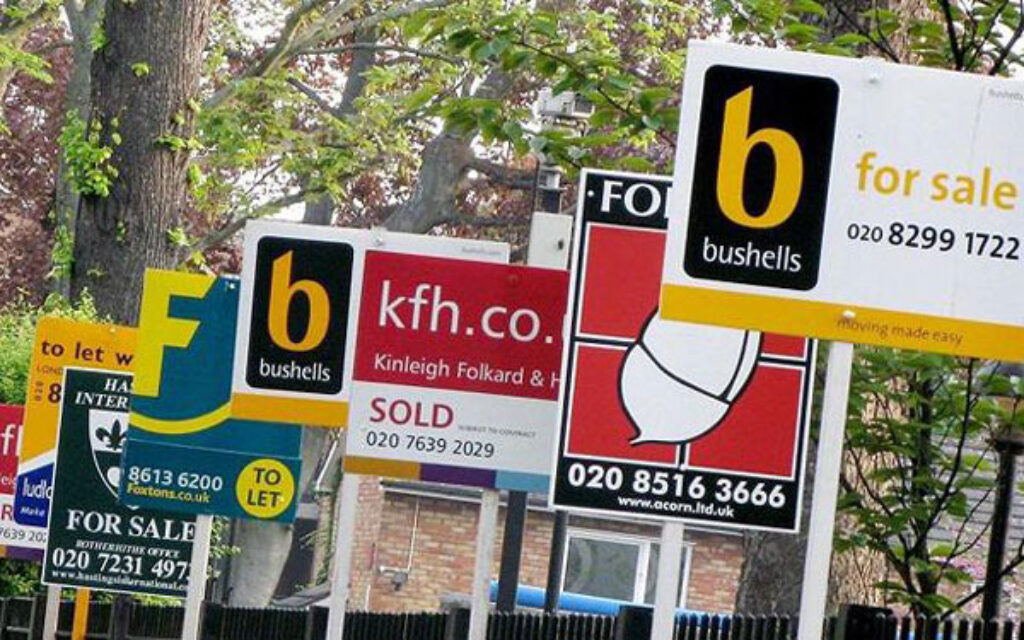
Plans to introduce a scheme in which borrowers could take out 99% mortgages to buy a home are reportedly being considered by the Government ahead of Chancellor Jeremy Hunt’s spring Budget on 6 March, according to reports from the Independent.
But the announcement has been met with a mixed reaction, with some experts welcoming the development but others warning that the move could risk house prices increasing, rather than helping more people buy.
If it goes ahead, the 99% mortgage scheme would go significantly beyond the Help to Buy scheme which offered 95% mortgages on new builds, but ended in March.
High loan-to-value mortgages have a controversial history. Prior to the 2008 financial crisis it was possible to borrow 100% – sometimes more – of a property’s value. But the global financial crisis saw thousands of borrowers plunged into negative equity and stuck on high interest rates after several mortgage lenders collapsed.
Currently first-time buyers paying high rents struggle to save a mortgage deposit, with lenders generally requiring 10% of the property price.

How life insurance can benefit your health and wellbeing over the decades
Sponsored by Post Office
Mark Harris, chief executive of mortgage broker SPF Private Clients, was broadly in favour in the move.
He said: “99% mortgages could be a good idea in the appropriate circumstances.
With added stamp duty costs, a 99% mortgage can look identical to a 95% mortgage for previous generations.
“Add in the fact that saving for a deposit for those renting these days is almost impossible, this could be a great solution.
“There are 100% mortgages available today – for example, Skipton Track Record, which uses the evidence of long-term rent payments as part of its affordability basis and assessment. Also, Barclays Springboard, albeit using equity in a guarantor’s house, so net loan-to-value is lower.
“Unlike 100% mortgages in the past, lenders now have more stringent assessments to perform to assess affordability and stressing. There is less risk of borrowers over-stretching themselves.”
However, other pundits described the move as a “short-term political fix” and argued that 1% deposits would push up house prices further and not solve the problem.
Jonathan Rolande, founder of the National Association of Property Buyers, said: “In the short-term, it may produce a honeymoon where some young people who could not afford to (before) get on the ladder and are very happy.
“Giving people money to go out and buy, it means they are all competing with each other for the same limited number of homes, so it will push up prices. In a few years’ time we’re back with the same problems – a shortage of housing.”




